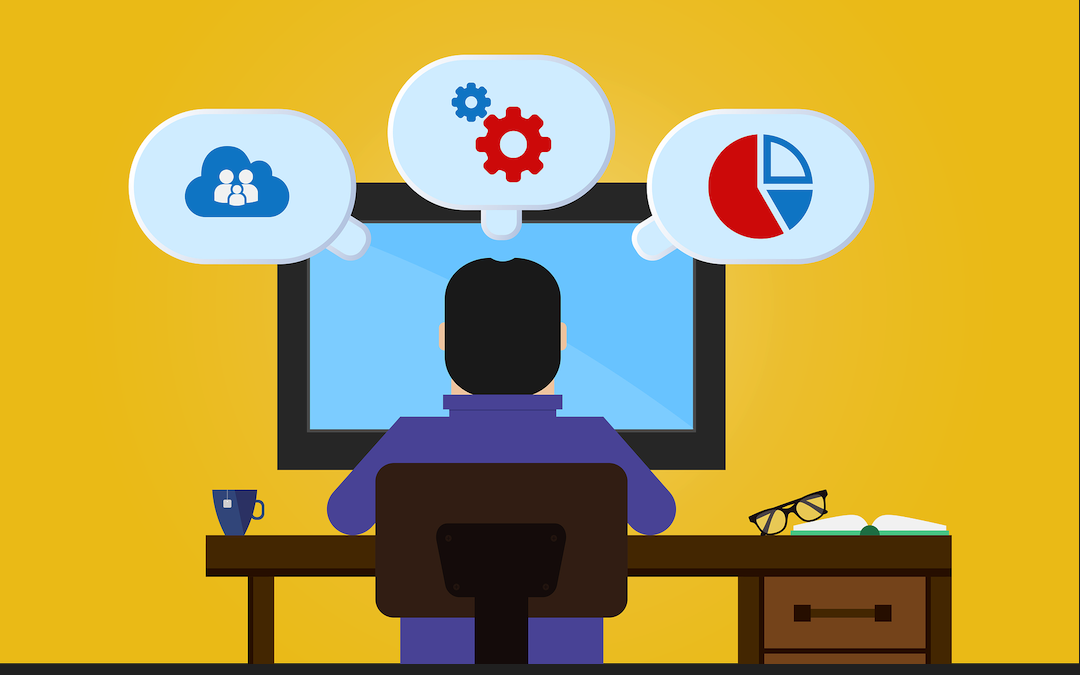
With revolutionary advancements in information technology happening all around the globe, SaaS solutions are taking a central space in any business strategy. Time and again, business management assumes responsiveness in various sectors, including optimizing business processes and customer satisfaction. However, for many entrepreneurs and businesses considering venturing into the realm of SaaS development, one pressing question looms large: The amount of money required varies depending on the chosen options.
It is crucial to consider the cost of SaaS development to ensure that the correct evaluations are made when providing reasonable resources. It is estimated that SaaS development cost ranges from $60,000 to $150,000+, according to Acropolium. The matter of how much certain individuals spend in their attempts to design a SaaS application needs to be clarified; however, several aspects must be considered in this respect.
Factors Affecting the Cost of SaaS Development
- Scope and Complexity: This is the most crucial factor in determining development costs because your SaaS solution can be complex. The pricing model for an application can also be compared with the model used for a vehicle, where a model with few options and features offered would be cheaper to purchase than a model with many features.
- Technology Stack: One of the most influencing factors is the decision made regarding the technology stack used in development. On the other hand, embracing open-source technologies will, at one time, lower costs drastically, and undertaking proprietary solutions or certain tools may demand more costly licenses than before.
- Design and User Experience (UX): Having a good user interface and design is the key factor for SaaS solutions to succeed. Organizations spend more money employing superior UX/UI design, which certainly calls for more expenditure, yet it strongly influences users' loyalty or repeat patronage.
- Integration Requirements: Including third-party functionality, payment portals, and similar services will only complicate the development process and raise costs.
- Scalability and Performance: Future growth prospects are jeopardized if a firm cannot effectively plan for increased user loads and build the necessary infrastructures to accommodate these loads. Taking time to manage and organize the structure from the start may lead to many initial investments not comparably enclosed in restructuring costs.
Understanding SaaS Development Costs
SaaS product development cost depends on several essential factors: the extent of the project, its complexity, and the technologies used.
Breakdown of SaaS Development Expenses
- Initial Planning and Research: To start the development process properly, certain steps must be taken to define various elements, namely, the target audience, the competition, and the market itself. Issues of legitimacy or the preparatory phase during which consultation may be sought, or feasibility studies undertaken may lead to start-up costs.
- Development Costs: The development phase also covers coding, testing, and deploying the application used in the SaaS business. The cost is influenced by the number of features, developers, and process models, which may be Agile and Waterfall.
- Infrastructure and Hosting: Implementing a SaaS solution depends on the availability of robust networks, which are vital for effectively running the service. Other hosting services like AWS or Microsoft Azure allow for a scalable solution for an additional cost.
- Maintenance and Support: After the launch, maintaining the software and providing technical support is vital to solving issues arising from bugs and assisting with updates. One of the advantages of developing the budget for ongoing maintenance is to make it a lasting and fully competitive SaaS product.
Strategies for Cost Optimization
While SaaS development can be a substantial investment, there are strategies to optimize costs without compromising quality:
- Minimum Viable Product (MVP) Approach: Begin with a few foundational MVP features to test your SaaS idea and refine consumer insights. This approach does ensure that successive developments are made; at the same time, it means that a large amount of investment is not put in during the initial stage.
- Outsourcing Development: Outsourcing to offshore development teams or freelancers can be done while keeping that cost very low and still maintaining the standard of work. But accuracy depends on one’s due diligence, so it is always recommended that a person get expert or reliable.
- Open-Source Solutions: The use of open-source technologies and frameworks decreases the amount that a company has to spend on software licensing and development. Nevertheless, consider how long it will take to have this work maintained and supported over the coming time.
- Scalable Architecture: Employ the principles of architectural flexibility to ensure that expansion is achieved cost-effectively and does not necessitate recurrent intensive redesign. Self-service through the subscription model is feasible and fair regarding computing resources, especially the pay-as-you-go model for cloud services.
Conclusion
The comprehensiveness of the costs of SaaS development is crucial to companies undertaking this transformational shift into SaaS. For instance, entrance entrepreneurs can understand the extent of the solution, necessary technologies, and how they can be scaled in decision-making. However, as Acropolium claims, the cost of SaaS development maybe $ 60 000 to $ 150 000+; that is why effective planning and management of costs and specific search for options that will allow minimizing expenses, along with the definition of the necessary actions that will provide multitudes of revenue cannot be considered as ungrounded.
Related Posts
Share this post
Leave a comment
All comments are moderated. Spammy and bot submitted comments are deleted. Please submit the comments that are helpful to others, and we'll approve your comments. A comment that includes outbound link will only be approved if the content is relevant to the topic, and has some value to our readers.




Comments (0)
No comment